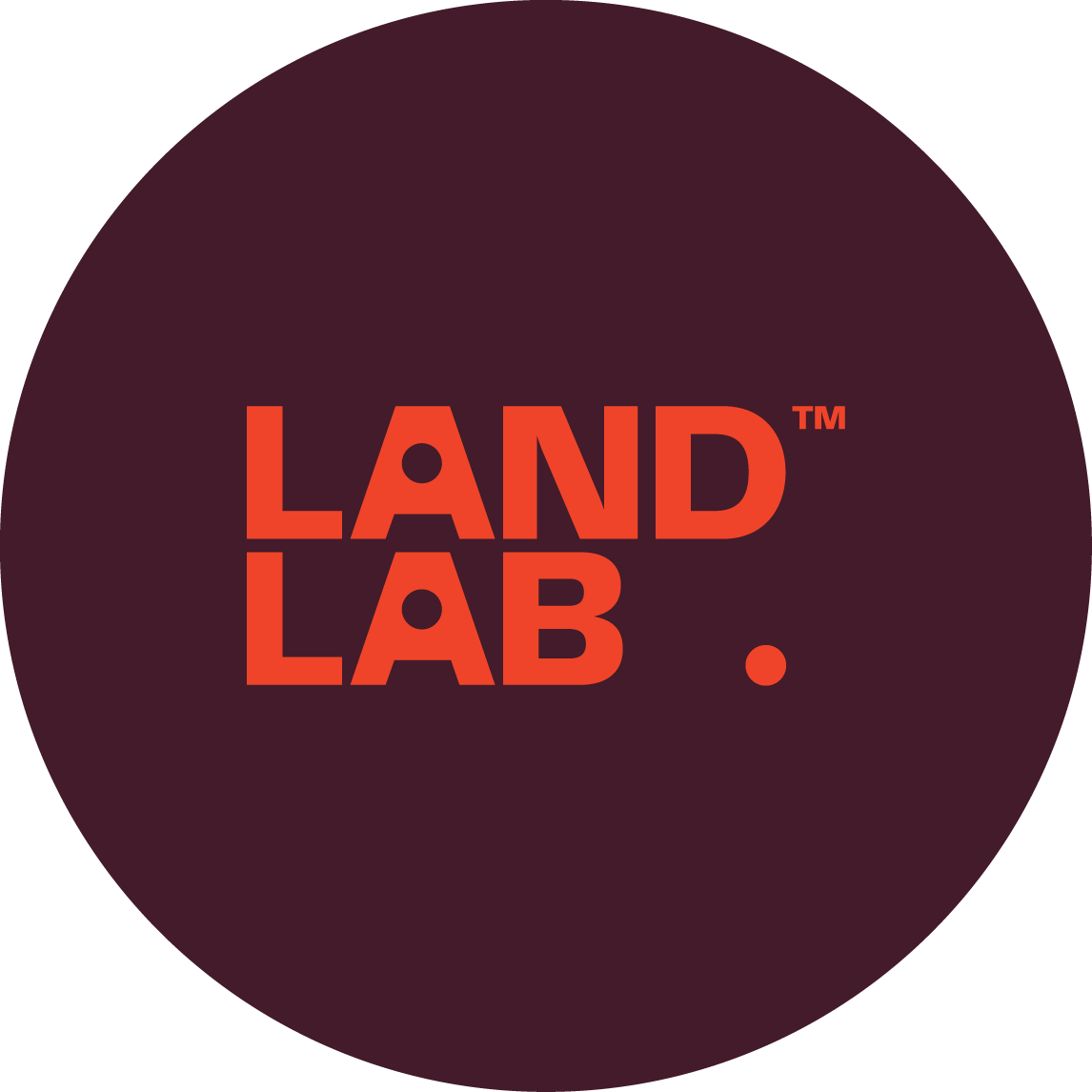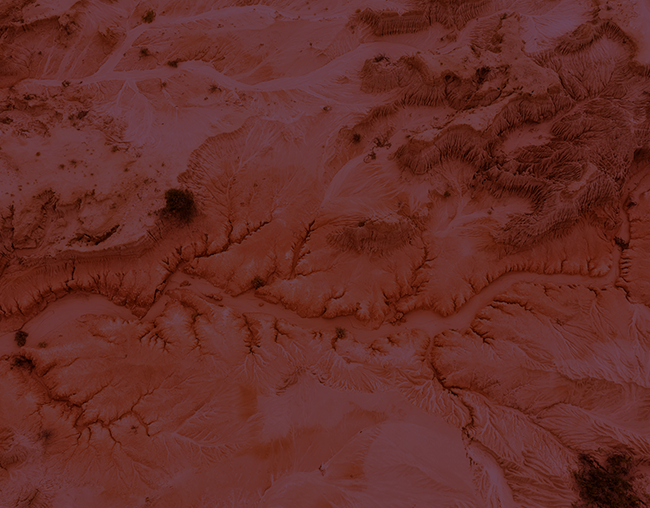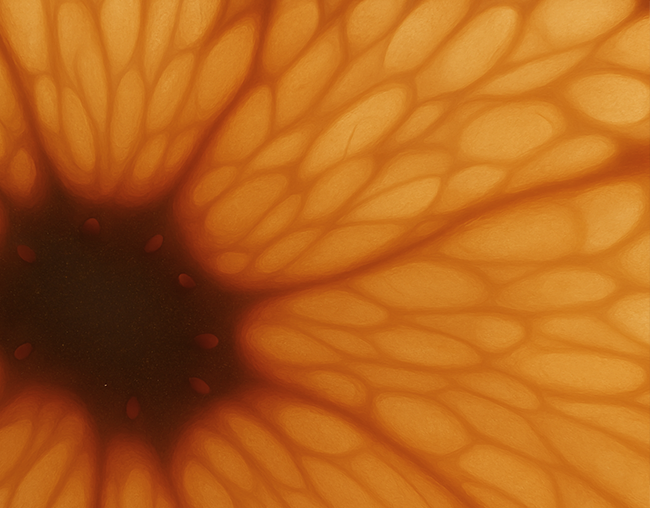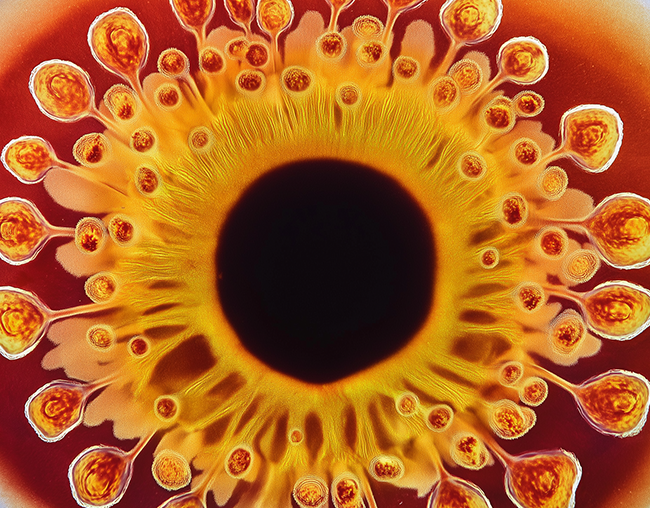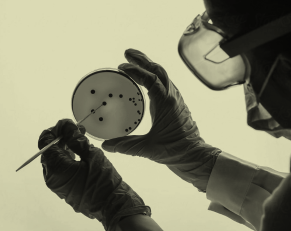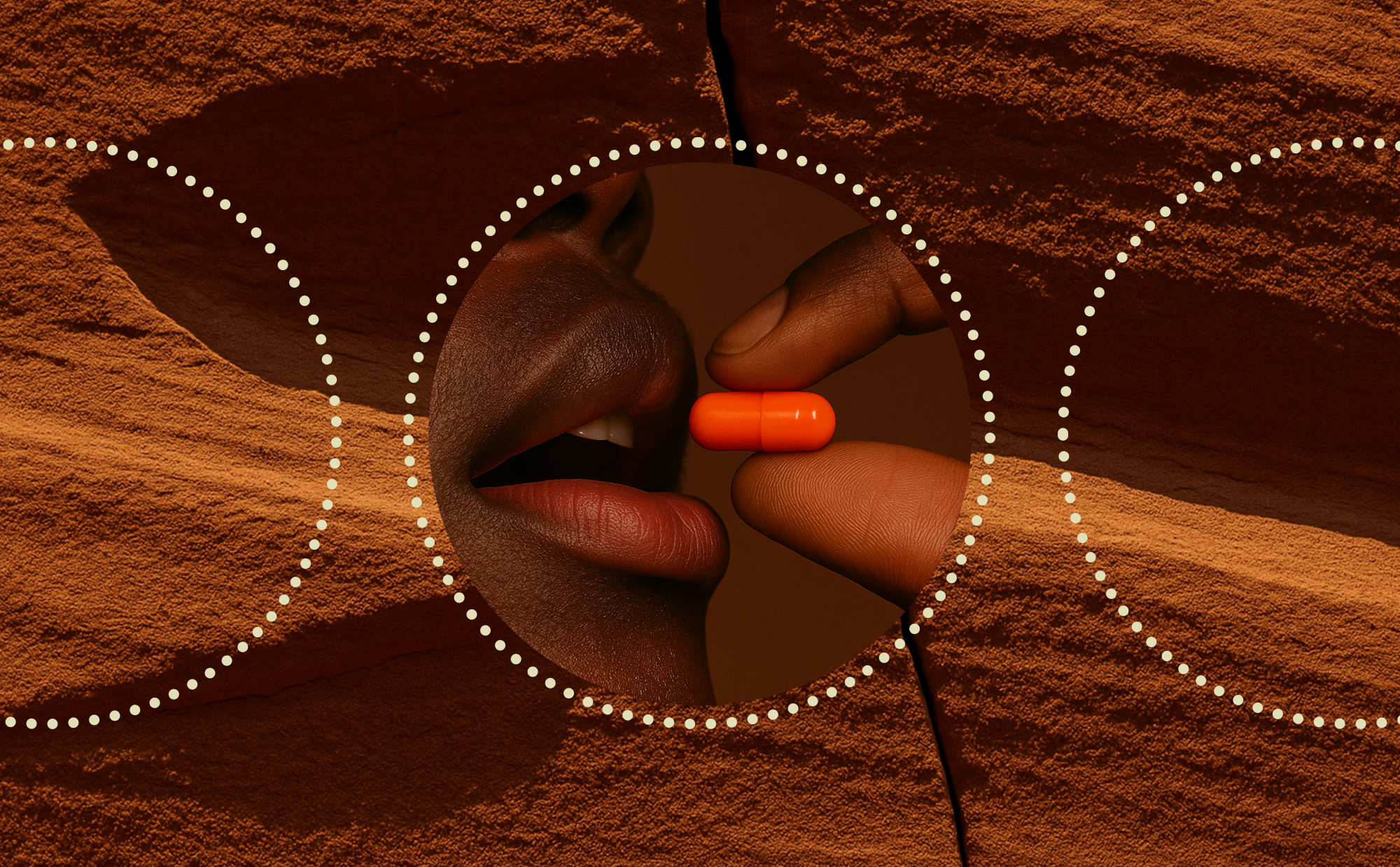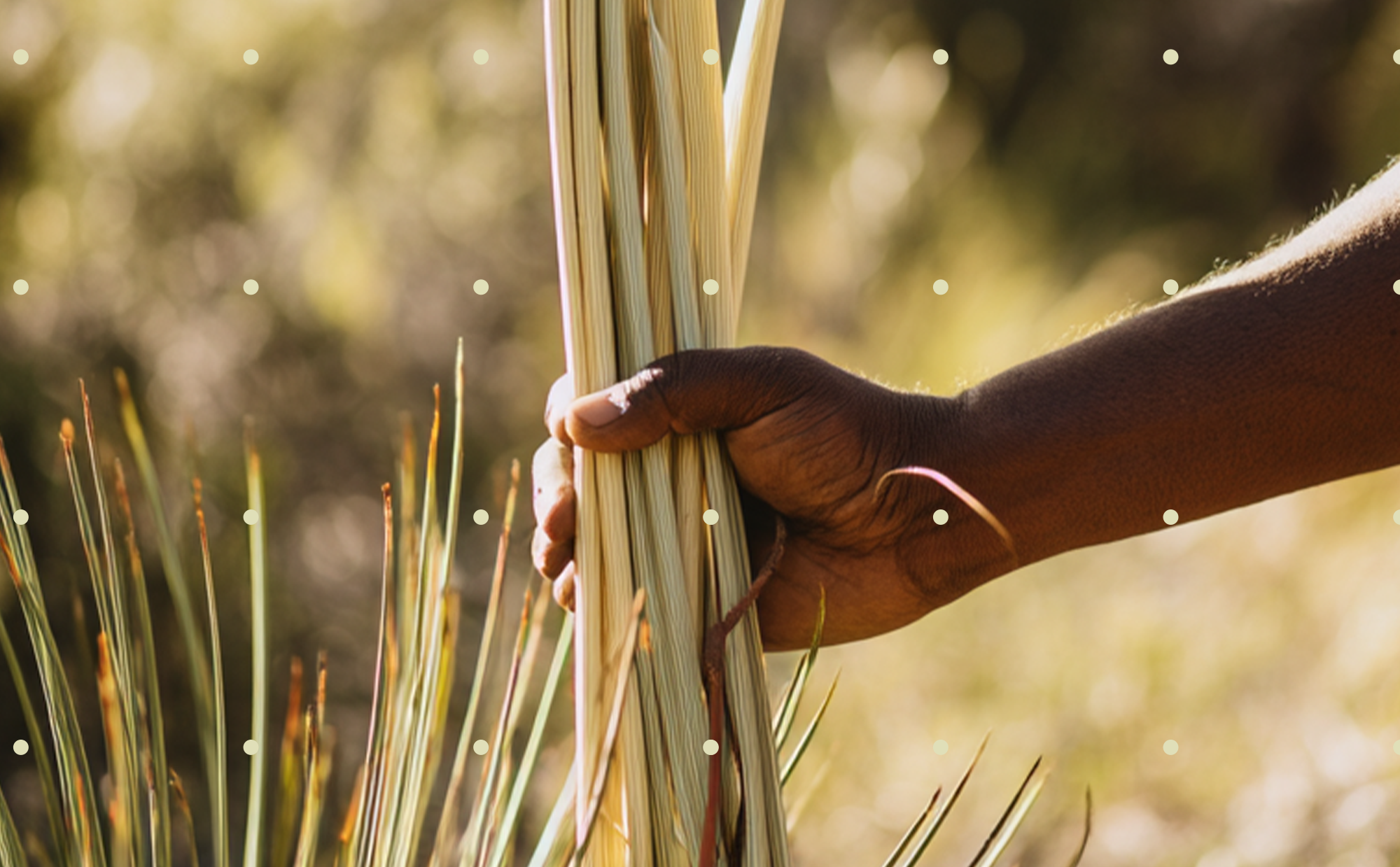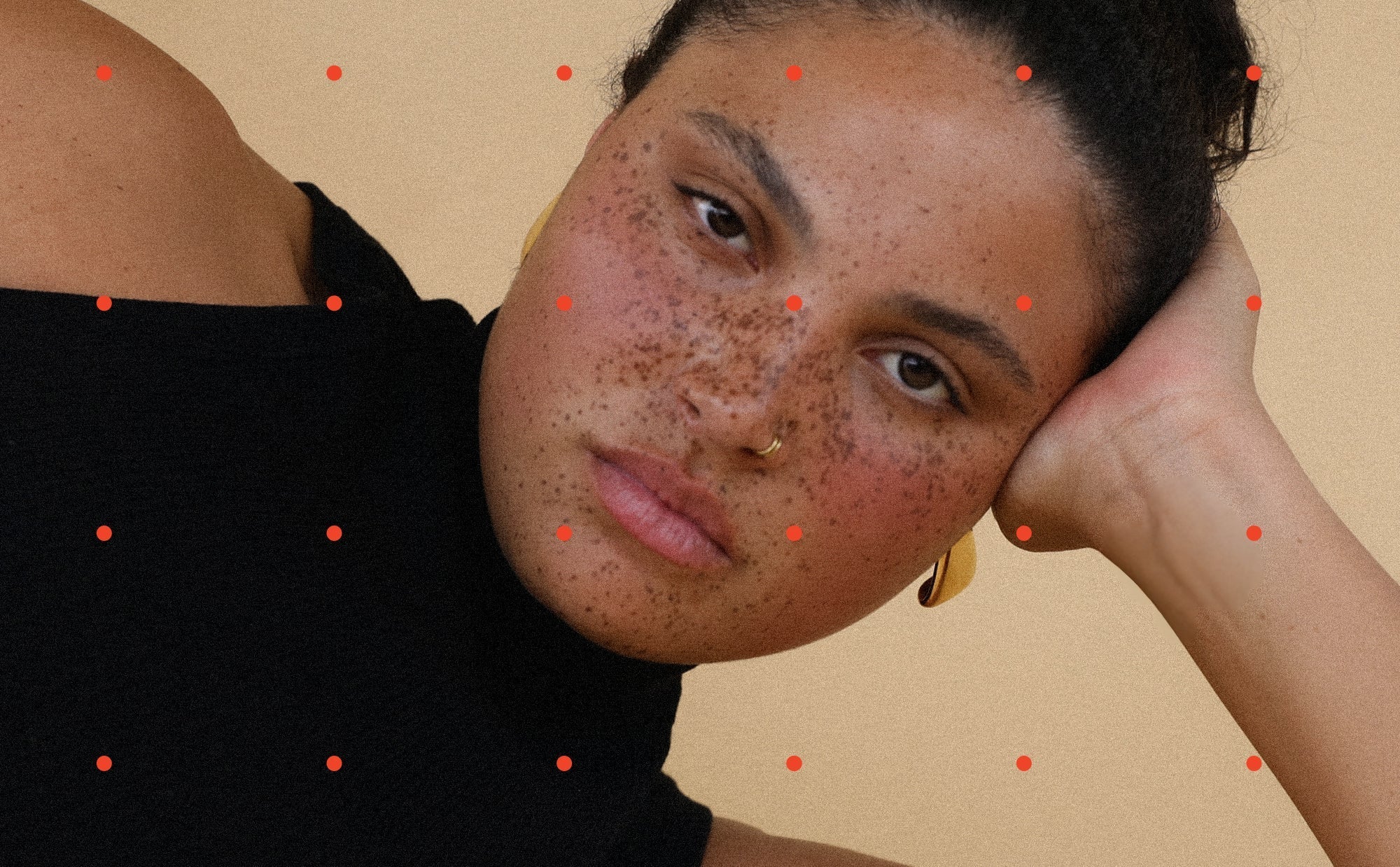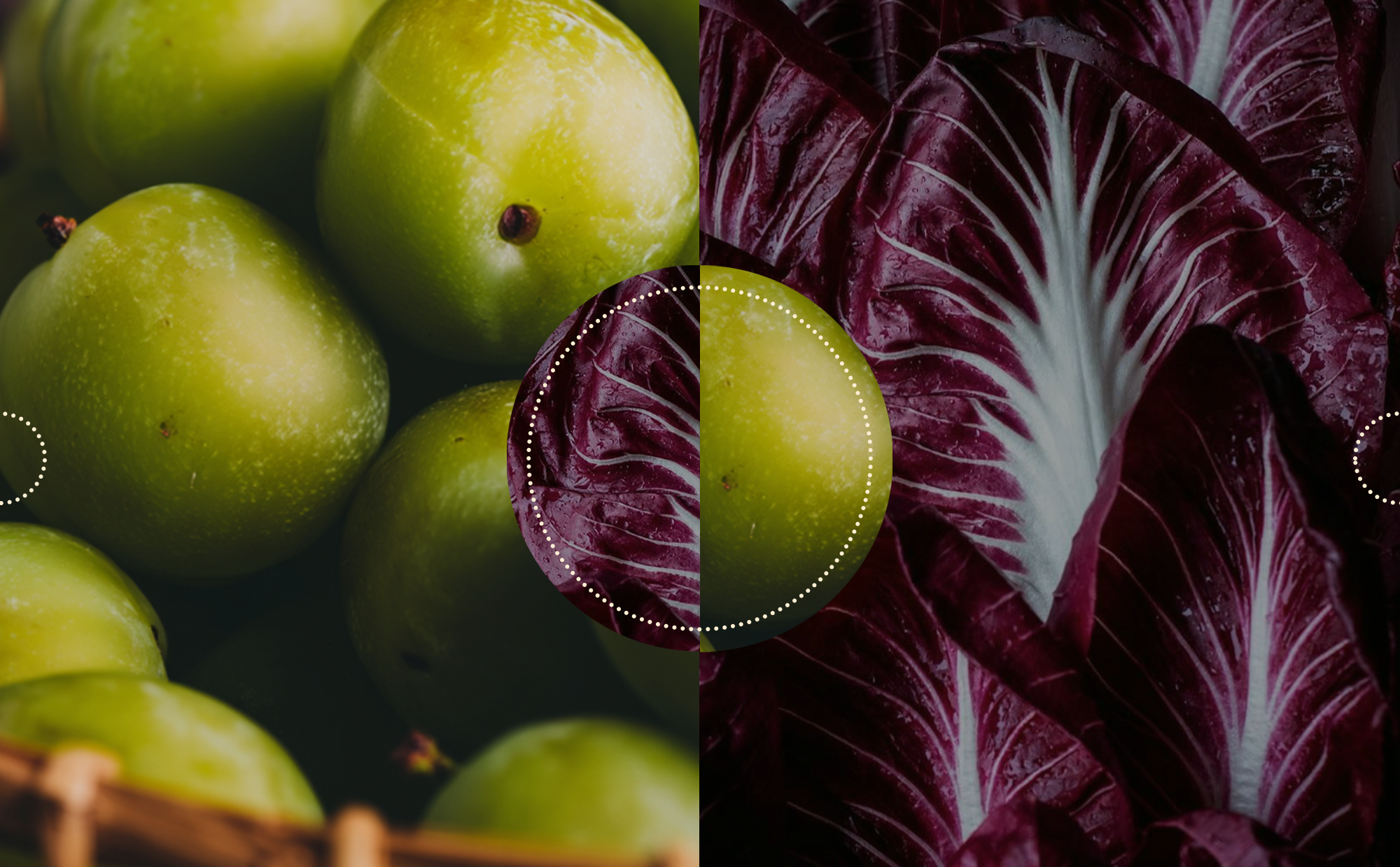The Role of Indigenous Knowledge in Modern Wellness
Modern wellness's holistic approach to health emphasises the balance of physical, mental, and emotional well-being and goes beyond the absence of illness, focussing on achieving a state of overall health and happiness. It's not based on a disease model, it is based on keeping well and implementing daily strategies to keep staying well. It is often portrayed as ice baths, exercise, organic whole foods, and meditation practiced under the guise of self-care and efficiently embedded into busy lifestyles. However, what modern wellness doesn’t capture well is what Indigenous knowledge has always known, that wellness extends beyond the self, it is relational and it extends into culture, community, and Country.
While the impact of colonisation in Australia has significantly influenced Aboriginal and Torres Strait Islander communities and inturn, the decline of their traditional healing practices¹, Indigenous peoples still hold firm in their identity and healing ways. This fits in well with modern wellness as Indigenous knowledge also takes on a holistic perspective around health and well-being, incorporating the mind, body, spirit and knowing self. However, there are differences in Indigenous wellbeing knowledge where modern wellness can benefit from and this includes the following:
⦁ extending the wellness paradigm to focus more on relational aspects and including ecological, community, culture and Country², and
⦁ understanding Indigenous knowledge systems and practices often stand in contrast to contemporary wellness models, which tend to prioritise efficiency, measurable outcomes, and individual success².
The principles and values that support Indigenous wellbeing are recognised through interconnected understandings at individual, community, and cultural levels—each grounded in Indigenous knowledge systems, language, relationships to Country, and holistic approaches to health³.
These connections to traditional ways have, and are currently being used to enhance well-being. For example, if someone is not well, reconnection to land, spiritual, and ancestral roots through a variety of traditional healing practices is employed to produce positive health outcomes⁴. Going out bush and connection to Country, practices that have occured for over 50,000 years are not dissimilar to modern wellness’s recent understanding of practices such as earthing and forest bathing. These are actual public and preventative health strategies with the strengths and benefits of such connections on health and wellbeing well known and researched. Being in nature heals, being on Country heals. This is not a new concept and highlights the role Indigenous knowledge and practices has in modern wellbeing.
In addition when on Country, Traditional healers provide further spiritual and social support that is equally as important as the tangible healing therapies such as Australian botanically plant based medicines (bush medicines)⁴. Plant remedies are selected using resources found locally, ethically sourced, and used in amounts that are sustainable yet effective and appropriate for the person being treated. It is individualised and in relation to the person, culture and environment. Individuals being treated are part of the healing process including the journey to collect resources and engage with the cultural practices of collecting the plants to heal. Healing this way means the participant is an active participant, mindful, present, supported while also reassured that they are not alone in the physical and non-physical realms. By applying traditional healing in this way, in their traditional format, their contribution to modern wellness means that it's sustainable, effective, person centered, and can be adjusted as needed with wrap-around community support.
Indigenous knowledge systems from Aboriginal and Torres Strait Islander communities offer a profoundly holistic and relational approach to health and wellbeing—one that contrasts yet complements contemporary wellness. Rooted in deep connections to Country, community, ancestral wisdom, and spirituality, these perspectives extend beyond physical health to encompass emotional, social, and ecological harmony. As modern wellness models increasingly seek more integrative and culturally responsive practices, recognising and valuing Indigenous knowledge becomes not only ethically essential but also transformative. Embracing these worldviews challenges current definitions of wellness and opens the path to approaches that are inclusive, sustainable, and grounded in lived relationships and community resilience.
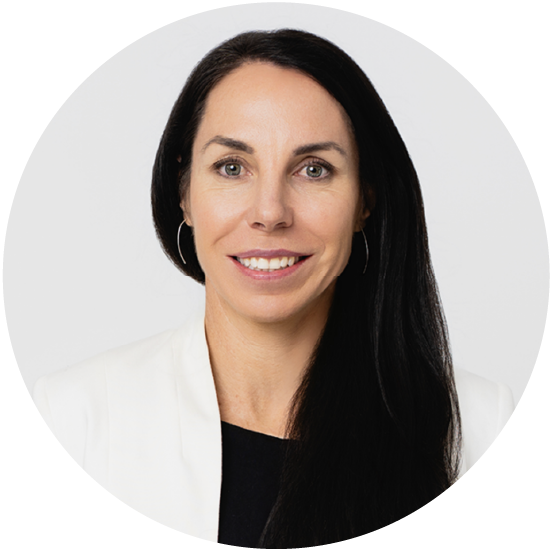
Written By
Felicity Kerslake
Bush Naturopath and Nutritionist | Founder, Australian BushFood Education Centre
Felicity Kerslake is a proud Wiradjuri woman with over two decades of experience as a bush food naturopath, sports nutritionist and educator. She is the founder and director of the Australian BushFood Education Centre, where she champions culturally grounded, science-informed approaches to nutrition and health using Australian native plants. Her integrative practice bridges natural health with conventional medicine, and she brings extensive experience across private practice, allied health, and sports performance.
